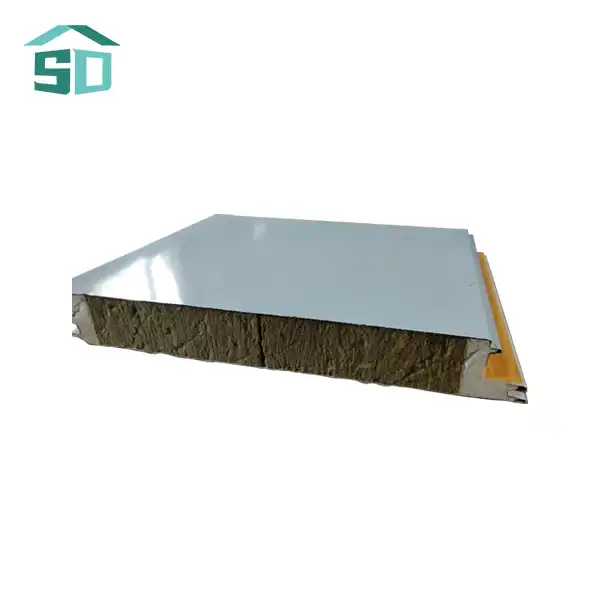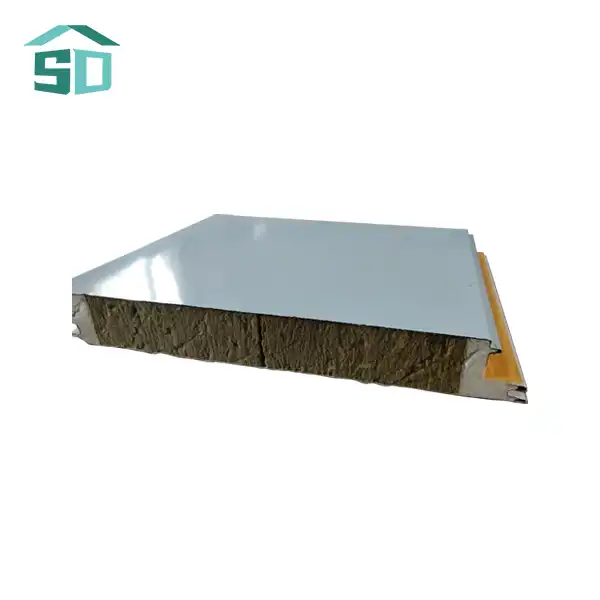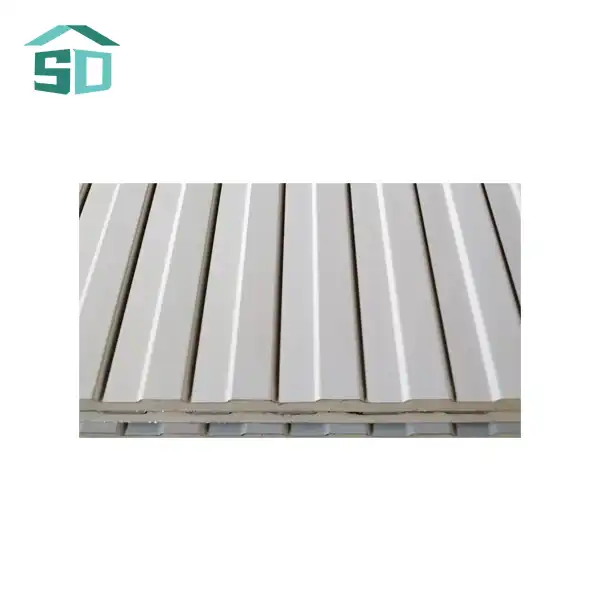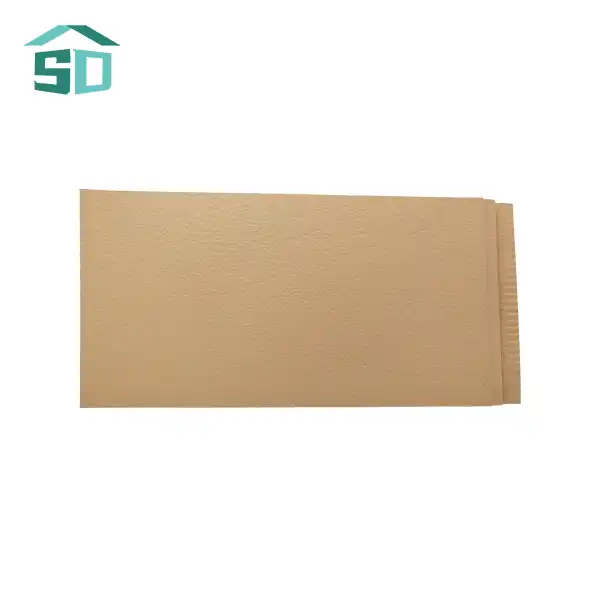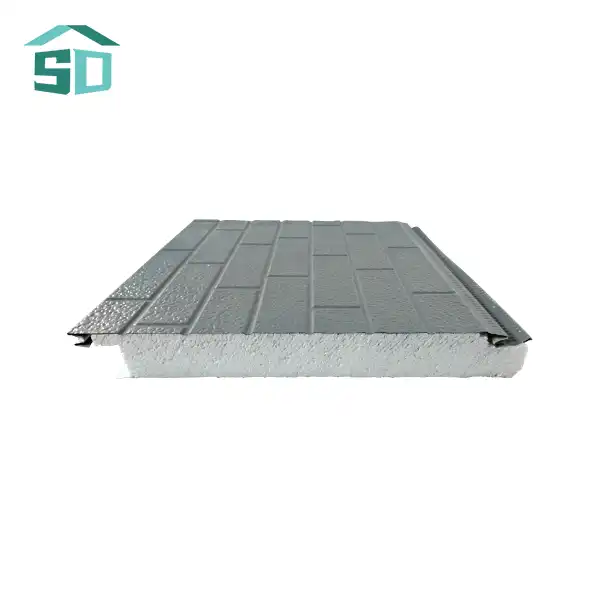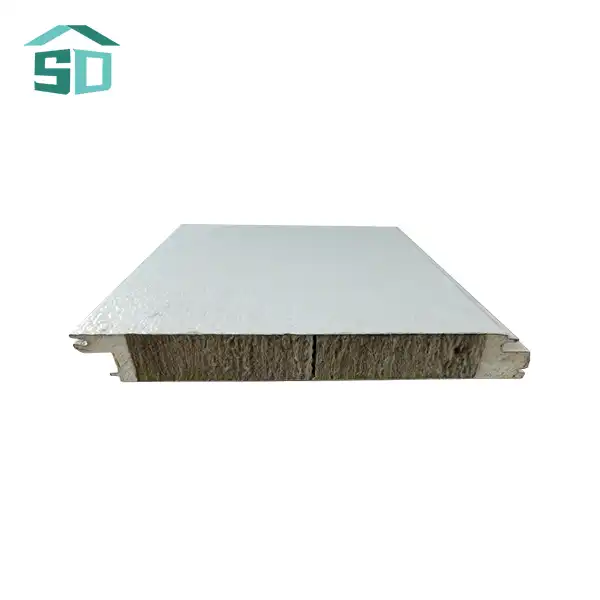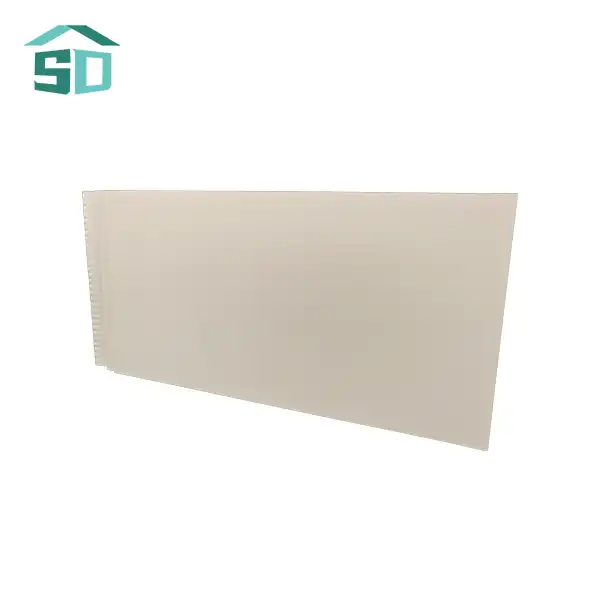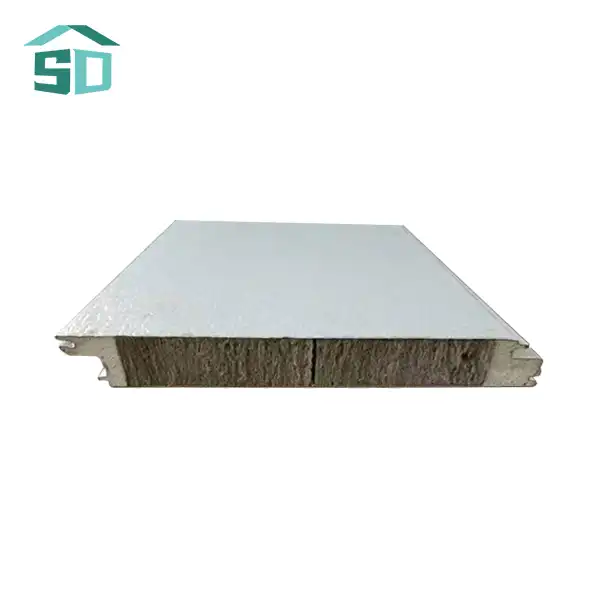The Evolution of Decorative Indoor Wall Panels: From Functional to Fabulous
Decorative indoor wall panels have undergone a remarkable transformation over the years. Once primarily used for their functional benefits, these versatile elements have evolved into statement pieces that can dramatically alter the ambiance of any room. The journey from simple, utilitarian coverings to sophisticated design elements reflects the changing priorities in interior design and architecture.
Historical Perspective: The Rise of Wall Panels
In the past, wall panels were often employed for practical reasons such as insulation or to conceal uneven surfaces. However, as design sensibilities shifted, homeowners and designers began to recognize the aesthetic potential of these functional elements. This realization sparked a revolution in wall panel design, leading to the development of more visually appealing options.
Modern Innovations: Pushing the Boundaries of Design
Today's decorative indoor wall panels are a far cry from their humble beginnings. Manufacturers like Weifang Sandong Building Materials Co., Ltd. have pioneered advanced production techniques that allow for unprecedented customization. The company's state-of-the-art production lines and rigorous quality control systems ensure that each panel meets exacting standards for both form and function.
Modern panels offer a plethora of design possibilities. From sleek, minimalist surfaces to intricate patterns and textures, there's a panel to suit every taste and interior style. The ability to customize colors and patterns has opened up new avenues for personal expression in interior design, allowing homeowners and designers to create truly unique spaces.
The Fusion of Form and Function
While aesthetics have become a primary focus, the functional aspects of decorative indoor wall panels have not been neglected. In fact, technological advancements have enhanced their practical benefits. Today's panels offer superior thermal insulation, with products like those from Weifang Sandong boasting a thermal conductivity of 0.018W/m.k and thermal resistance of 2.09m2k/w. This translates to significant energy savings and improved comfort in both residential and commercial spaces.
Moreover, modern panels are designed with safety in mind. Fire-resistant options with B1/B2 fire-protection ratings provide an additional layer of security. The durability of these panels has also improved dramatically, with features like a waterproof rate of 0.0008 and wind resistance of 8.0 Kpa ensuring they can withstand various environmental challenges.
The Versatility of Modern Decorative Indoor Wall Panels
One of the most compelling aspects of modern decorative indoor wall panels is their incredible versatility. These panels have transcended their traditional role and now serve as adaptable design elements that can transform any space. Their ability to cater to diverse aesthetic preferences while delivering practical benefits makes them an invaluable tool in contemporary interior design.
Adaptability Across Various Spaces
Decorative indoor wall panels are no longer confined to specific room types or architectural styles. Their flexibility allows them to enhance a wide range of spaces, from residential living rooms and bedrooms to commercial offices and retail environments. The customizable nature of these panels means they can be tailored to complement existing décor or serve as a focal point in a room's design scheme.
In residential settings, these panels can add warmth and texture to living spaces, create an elegant backdrop in dining rooms, or introduce a touch of luxury to master bedrooms. In commercial environments, they can help establish brand identity, improve acoustics in open-plan offices, or create eye-catching displays in retail stores.
Material Diversity and Innovation
The versatility of modern decorative indoor wall panels extends to the materials used in their construction. While traditional panels were often limited to wood or basic synthetic materials, today's options include a wide array of substrates and finishes. Metal siding panels, for instance, offer a contemporary aesthetic that can be applied in various settings, from sleek urban apartments to renovated historic buildings.
Weifang Sandong Building Materials Co., Ltd. exemplifies this material innovation with their range of panels that combine durability with design flexibility. Their panels, available in various thicknesses (10mm for interior use, 16mm/20mm for exterior applications) and widths (450mm for interior, 383mm for exterior), showcase the adaptability of modern materials to different architectural requirements.
Customization: The Key to Versatility
Perhaps the most significant factor contributing to the versatility of modern decorative indoor wall panels is the level of customization available. Manufacturers now offer an unprecedented degree of personalization, allowing designers and homeowners to create bespoke panel solutions that perfectly align with their vision.
This customization extends beyond mere aesthetics. Panels can be engineered to meet specific functional requirements, such as enhanced sound insulation for media rooms or moisture resistance for bathrooms. The ability to tailor both the look and performance of these panels makes them a versatile solution for virtually any interior design challenge.
The Technical Marvels Behind Modern Decorative Indoor Wall Panels
While the aesthetic appeal of decorative indoor wall panels is immediately apparent, it's the advanced technology and engineering behind these products that truly set them apart. Modern panels are not just visually pleasing; they are technical marvels that incorporate cutting-edge materials science and manufacturing processes to deliver superior performance across multiple parameters.
Advanced Materials and Construction
The core of modern decorative indoor wall panels is built on advanced materials that offer a balance of strength, lightweight design, and functional properties. Many panels utilize composite materials that combine the best attributes of different substances. For example, panels may feature a core material optimized for insulation or sound absorption, sandwiched between durable exterior layers.
The surface materials of these panels are equally impressive. With thicknesses ranging from 0.23mm to 0.27mm, these thin yet robust surfaces are engineered to withstand daily wear and tear while maintaining their aesthetic appeal. The precision in manufacturing these surface layers contributes to the overall performance and longevity of the panels.
Performance Metrics: Beyond Aesthetics
The technical specifications of modern decorative indoor wall panels reveal their true capabilities. For instance, the panels produced by Weifang Sandong Building Materials Co., Ltd. boast impressive performance metrics:
- A compressive strength of 52.7kpa, ensuring structural integrity even under significant pressure.
- Thermal conductivity of 0.018W/m.k and thermal resistance of 2.09m2k/w, providing excellent insulation properties.
- A waterproof rate of 0.0008, offering protection against moisture ingress.
- Wind resistance of 8.0 Kpa, making them suitable for use in areas prone to strong winds or drafts.
These specifications underscore the panels' ability to not only enhance the visual appeal of a space but also contribute to its overall comfort, energy efficiency, and durability.Innovative Features for Modern Living
Modern decorative indoor wall panels incorporate several innovative features that address contemporary needs:
- Sound Insulation: Engineered to absorb sound, these panels are ideal for creating quieter, more peaceful environments in both residential and commercial spaces.
- Easy Maintenance: Advanced surface treatments make these panels easy to clean, ensuring they maintain their appearance with minimal effort.
- Environmental Friendliness: Many modern panels are made from recyclable materials, supporting sustainable building practices.
- Fire Safety: With fire-protection ratings of B1/B2, these panels provide an additional layer of safety in interior spaces.
These features demonstrate how modern decorative indoor wall panels have evolved to meet the complex demands of contemporary architecture and interior design.Conclusion
Modern decorative indoor wall panels represent a perfect fusion of aesthetics and functionality in interior design. They offer unparalleled versatility, allowing for customization that can transform any space into a unique and personalized environment. From their evolution as simple functional elements to becoming sophisticated design features, these panels have come a long way.
The technical advancements in materials and manufacturing processes have resulted in panels that not only look stunning but also contribute significantly to the comfort, safety, and efficiency of interior spaces. With features like superior thermal insulation, sound absorption, and fire resistance, modern decorative indoor wall panels are essential components in creating smart, sustainable, and stylish interiors.
For those looking to explore the possibilities of modern decorative indoor wall panels, Weifang Sandong Building Materials Co., Ltd. offers a range of high-quality options that combine cutting-edge technology with exceptional design. To learn more about their products and how they can enhance your interior spaces, feel free to contact them at info@sdqsc.com.
